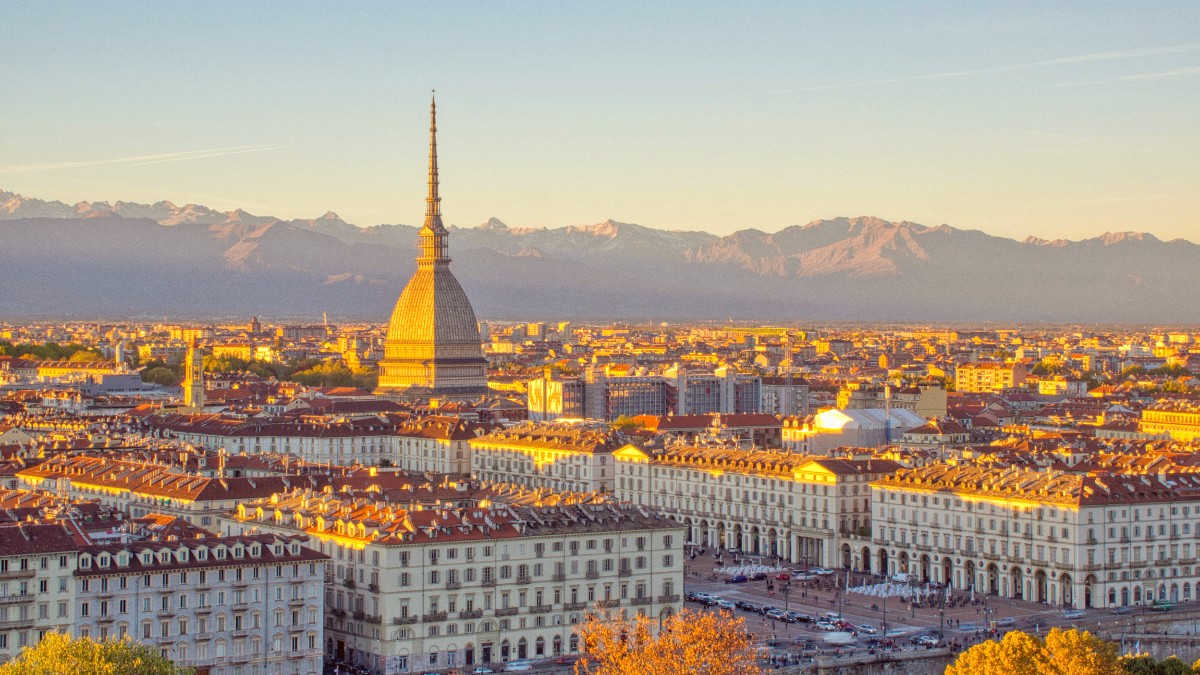
Liguria Piedmont And Valle Daosta, Italy
Imagine wide, tree-lined boulevards, stately palaces, and arcaded sidewalks that whisper tales of royalty and innovation. This a city where chocolate reigns supreme, where slow food began, and where the Alps a dramatic backdrop to everyday life. Turin invites you to discover its sophisticated layers, from its ancient Roman foundations to its industrial power and its modern cultural vibrancy.
Turin invites discovery of its sophisticated layers, from its ancient Roman foundations to its industrial power and its modern cultural vibrancy. A journey beyond expectation, revealing a side of Italy valuing elegance, tradition, and refined tastes.
This a city where chocolate reigns supreme, where slow food began, and where the Alps a dramatic backdrop to everyday life.
Turin sits in the northwest of Italy, positioned strategically at the foot of the towering Western Alps. This unique setting influences many aspects of the city, from its climate to its cultural connections and access to outdoor activities. The city the capital of Piedmont, one of Italy’s largest and most fertile regions.
The Po River, Italy’s longest river, gracefully through Turin, dividing the city and picturesque riverside parks and walking paths. The river's presence a natural element to the urban landscape. Piedmont itself a land of rolling hills, vineyards, and agricultural plains. The region a border with France to the west and Switzerland to the north.
The majestic peaks of the Alps dominate the northern horizon. Proximity to mountains means cooler summers and possibility of snow in winter.
Italy's longest river gracefully through Turin, green spaces and a sense of tranquility.
Piedmont globally known for its agriculture, world-class wines, and rich culinary traditions.
Historical ties to France shaped Turin’s architecture, urban planning, and even its dialect.
Fertile lands abundance of high-quality ingredients defining Turin’s cuisine, including truffles.
Turin’s history spans millennia, evolving from a Roman military camp to the first capital of an unified Italy, and later into a powerhouse of industry and culture. This layered past shaped the city's layout, its architectural marvels, and its enduring identity.
The city's origins trace back to Roman times, known as Augusta Taurinorum. Evidence of this past visible today, notably Porta Palatina. Centuries later, Turin rose to prominence as the seat of the House of Savoy, a powerful European royal dynasty. From the 16th century, Turin underwent significant transformation under their patronage.
The 19th century Turin to the forefront of Italian history as the cradle of the Risorgimento. Turin the first capital of the newly formed Kingdom of Italy from 1861 to 1865. Beyond its royal and political past, Turin Italy's industrial heart in the 20th century, synonymous with the automotive industry, mainly through Fiat.
Turin’s history a compelling narrative of power, elegance, innovation, and taste. It shaped a city feeling grand yet approachable, cultured yet grounded, and a compelling story around every corner.
Turin today a city that confidently blends its storied past with a modern, dynamic present. It a distinct experience compared to Italy’s more famous tourist destinations, appealing to travelers who seek elegance, culture, and exceptional food without overwhelming crowds.
The city maintains a refined, understated charm, wide, arcaded streets that invite leisurely strolls regardless of the weather. These porticoes, stretching for miles, shade in summer and shelter from rain or snow in winter, creating a pedestrian-friendly environment unique among Italian cities.
Its grand squares, like Piazza Castello and Piazza San Carlo, masterpieces of urban design.
It world-class museums, including the Museo Egizio, the second-largest collection of ancient Egyptian artifacts.
Culinary excellence a cornerstone of Turin’s appeal. As the capital of Piedmont, the city at the heart of acclaimed gastronomic regions.
Turin a distinct experience compared to Italy’s more famous tourist destinations, appealing to travelers who seek elegance, culture, and exceptional food without the overwhelming crowds.